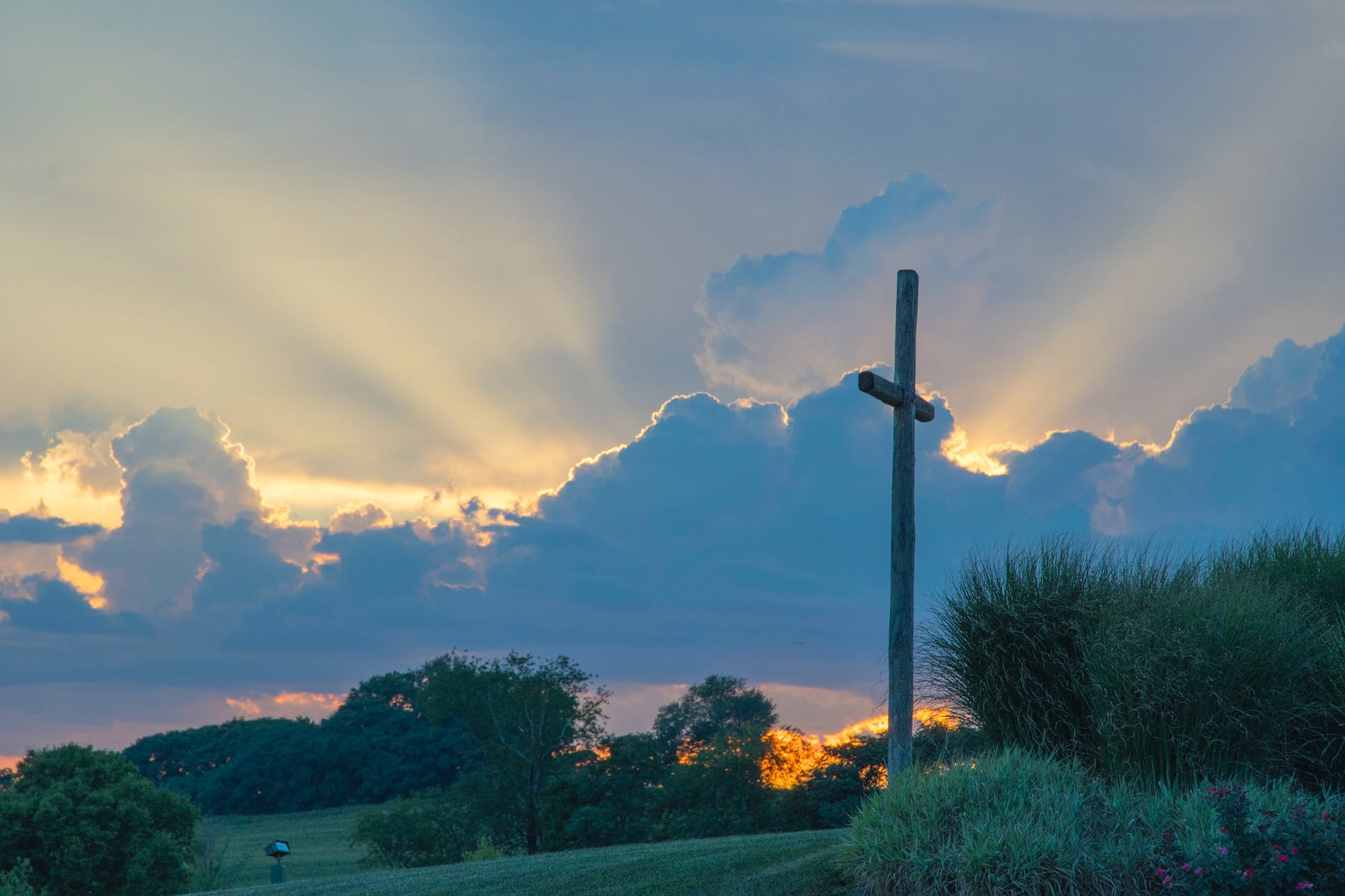By Felix Sumba
“For truly I tell you, many prophets and righteous people longed to see what you see but did not see it, and to hear what you hear but did not hear it.”
Matthew 13:17
It breaks my heart when I see believers living their faith by the understanding of the Old Testament and not the New Testament — spending time and great resources trying to rebuild the Old Testament system of priests, temples and sacrifices when Christ’s incarnation brought these to an end, initiating something better.
In Matthew 13:17, Jesus makes it plain that the prophets and the faithful of old longed for the days that would be ushered by his life, death and resurrection – the days, not of God at the temple, but of God with us. The days of Emmanuel.
My thesis is simply this – that the Christian faith is not about buildings, days of worhip and a temple priesthood but about the people of God, in fellowship and communion with God, discharging the justice, grace and mercy of God (the Kingdom business) whenever and wherever they are.
Ekklessia vs Kirche
At the outset, I want to approach this by showing how radically different what we have is, when compared to what Christ had.
Christ came announcing that the Kingdom of God was at hand. This is what he saw as His mission – to inaugurate the Kingdom of God on Earth. This is seen in Mary’s magnificat (Luke 1:46-55) and when Jesus announces his mission by quoting Isaiah 61 (Luke 4:14-30).
Jesus speaks at length in various passages about the Kingdom of God. Perhaps nowhere does he fully capture the story of the Kingdom relevant to our discussion as in the parable of the evil farmers in Matthew 21:33-46.
In this parable, a landowner (God) establishes a vineyard and leases it to farmers then journeys to a distant land. The farmers who were meant to steward the vineyard for the owner then proceed to pillage it and kill or otherwise abuse anyone sent by the landowner (prophets) to follow up on his farm. In the end, the landowner sends his son (Jesus) but he is killed by the caretakers. Jesus pronounces judgement on Israel (v.43) arousing the rage of the masses who then want to kill him.
The Garden of Eden was God’s Kingdom where man/Adam reigned as a regent. God, in consultation with the host of heaven, creates the Garden. They then decide to create Mankind to steward the new Kingdom on God’s behalf and as the garden grows and thrives, to extend the order of God’s creation to the entire world.
Adam’s rebellion resulted in a state where the kingdom(s) of men for the first time existed outside the domain of Yahweh. The story of scripture is the journey of the return of the King, Yahweh, to that which was lost.
Adam’s rebellion resulted in a state where the kingdom(s) of men for the first time existed outside the domain of Yahweh. The story of scripture is the journey of the return of the King, Yahweh, to that which was lost.
Felix Sumba
Right from the Fall, Yahweh initiates the process of reunion. He gives the promise of one son of a woman who would crush the serpent once and for all. Yahweh then intervenes when the Nephilim threaten humanity and Creation but spares Noah to preserve humanity.
It is in Abraham, that God sets out his restoration vision (Gen 11:27-12:9). Every one of the blessings given to Abraham are a reversal to the curses incurred at the Fall. Land, productivity, kingship (to Jacob in Gen. 49:8-12) and the presence of God are all promised to Abraham, not as an end in themselves but as part of God’s plan to restore the whole world (Gen. 12.3).
Israel as midwife
Israel is chosen as a priest to the nations to midwife the return of the nations to Yahweh.
As national Israel begins to take shape in the desert, God builds his Miscan/tabernacle in their midst. He dwells amongst them.
Since Creation, this is the first time Yahweh is dwelling with man, though “confined” in the tabernacle/Ark of the Covenant.
Later on, when the temple is built, God’s dwelling is established in the temple in Jerusalem.
But, this was not the objective. God did not want to live in temples of stone. He wanted to dwell with men, to abide in their hearts and fellowship with them and this is shown clearly when Jesus, the Emmanuel comes.
This journey is consummated with Christ’s death and resurrection and when the Holy Spirit now indwells men in the same way He filled the temple. However, it is fully realised when “the Kingdoms of the world have become the Kingdoms of our Lord and of His Christ, and he will reign forever and ever (Rev.11:15).
We end in Revelation, with a new Eden. A culmination of God’s redemptive plan. It is, as some have said, a story of Eden regained.
Felix Sumba is a Biblical scholar, lover of Theology & Anthropology, accountant and keen observer of local & international politics.



